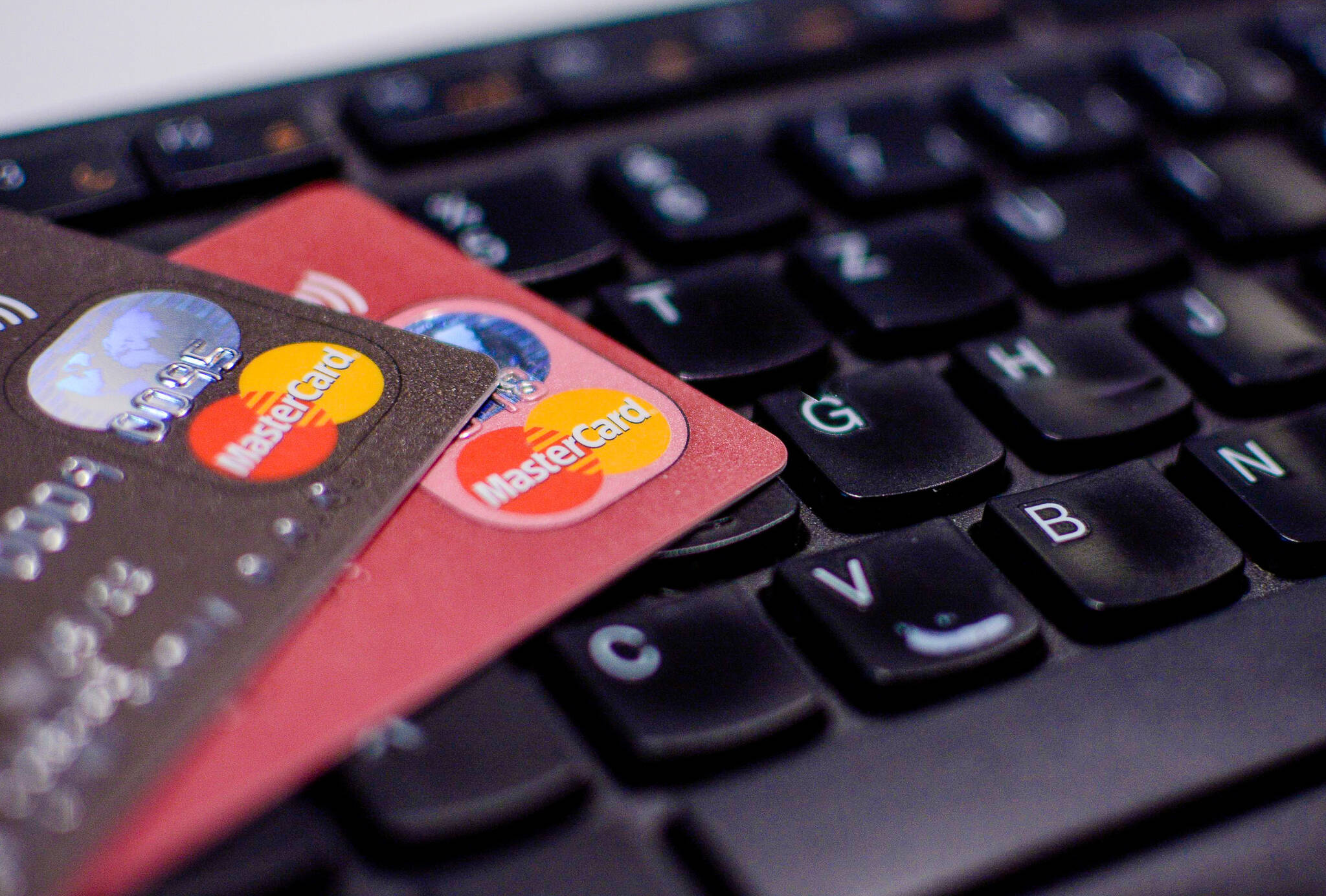BELLINGHAM — At the beginning of 2022, Americans had racked up over $1 trillion in credit card debt, but not all states carry the same weight or debt as others, according to a recent study by WalletHub, a personal finance website.
The study compared all 50 states and the District of Columbia by using TransUnion credit data to find the total cost and time needed to pay off the median credit card debt balances.
Washington state had the third highest credit card debt in the country, with a median credit card debt of $2,471 and a pay-off time of 14 months and 21 days.
The state with the highest debt was Alaska, with a median credit card debt of $3,206 that will take about 17 months and 27 days to pay off.
The states with the lowest credit card debt were Mississippi, Arkansas, West Virginia, Iowa and Louisiana with median debt as low as $1,806.
The study also asked professionals for their insights on credit card debt and how easily it is attained and included their expertise in the report.
Most people do not realize when debt is piling up and don’t calculate the costs of increasing debt, Rosabeth Moss Kanter, an Arbuckle professor at Harvard Business School stated in the report.
“Lack of budgeting, impulse buying, and generally spending beyond earnings are behaviors that can lead people to mass credit card debt,” Mauricio Rodriguez, professor of Finance and Real Estate at Texas Christian University, said responding to the report.
How to get out of credit card debt
Getting stuck in credit card debt can be easy, but getting out of it can be extremely difficult.
The Washington State Office of the Attorney General advises Washington residents in debt to consult with a credit counselor, but to make sure they are legitimate. Picking a credit counselor can be risky, but the U.S. Department of Justice’s U.S. Trustee Program has a list of government-approved credit counseling agencies.
The office also encourages Washington residents to be extremely careful when looking at “credit repair” clinics and companies that promise to fix your credit, while charging you extremely high fees.
The Federal Trade Commission offers advice of how to settle credit card debt:
■ Talk with your credit card company to try to create a modified payment plan you can manage.
■ Contact a credit counseling company for help or advice.
■ Look into debt settlement companies and assess the risks associated with the programs.
Chase Bank tips to help you pay off your credit card debt:
■ Know your budget by tracking your income and expenses.
■ Know your debt by listing your credit card debts, minimum payments and annual percentage rate.
■ Select a credit card debt reduction strategy. The snowball method focuses on first paying the most on the credit card with the least amount of debt to pay it off completely, while paying only the minimum amount on all other cards. Once the card is paid off, you move to pay off the next card with the smallest overall debt. The avalanche method targets the credit card with the highest annual percentage rate first, while paying the minimum amount on all other credit cards. Once the card is paid off, you target the card with the next highest interest rate. The avalanche method allows you to battle one of the biggest debt contributors, interest payments.
■ Automate your payments and align them with your paychecks if possible.
■ Investigate alternative ways to pay off credit card debt. Look into if debt counseling services, balance transfer credit cards, debt consolidation loans, home equity loans or lines of credit could help you.
■ Cultivate a healthy credit lifestyle and set up a sustainable, healthy and affordable credit lifestyle.
■ Freeze or lock your card if you want to avoid incurring more debt. If you need to shut off your card to limit your own spending, you can ask your bank to freeze your account or lock your card, but make sure to not close your account. This can help your credit utilization ratio, your average account age and your credit mix, which can all benefit your credit score.


